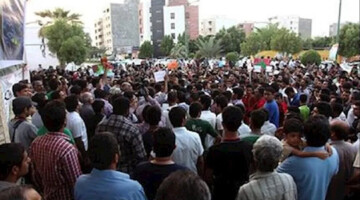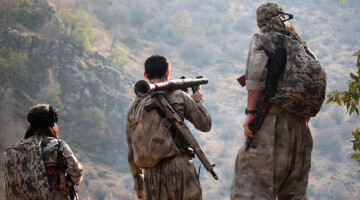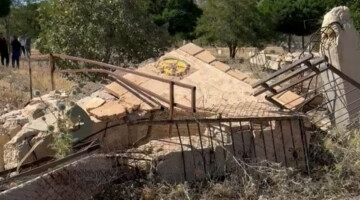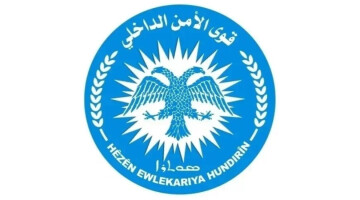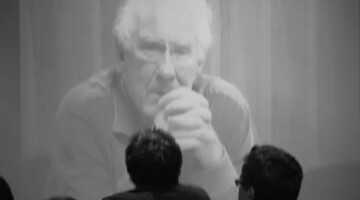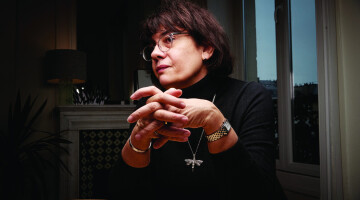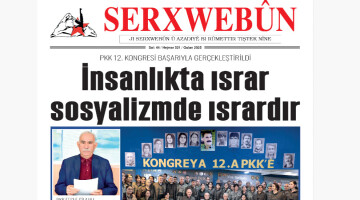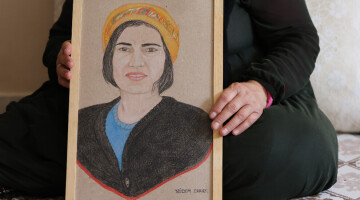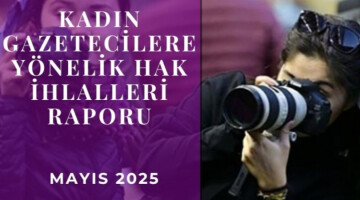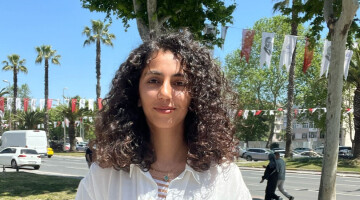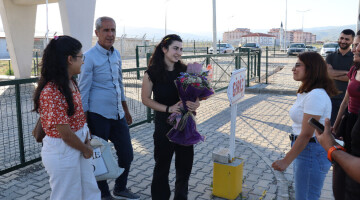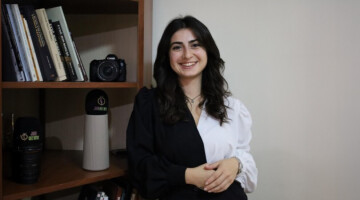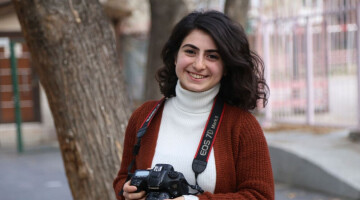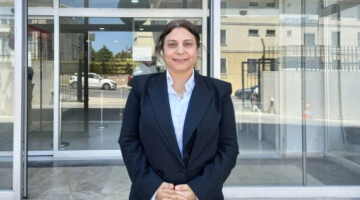To mark International Day to End Impunity for Crimes against Journalists, Reporters Without Borders (RSF) has today published a grim portrait gallery of 35 presidents, politicians, religious leaders, militias and criminal organizations that censor, imprison, torture or murder journalists. Most of these press freedom predators have been preying on the media for years, some for decades.
To draw attention to the impunity they enjoy, RSF has filled out a hunting permit for each of these predators. It identifies their favourite attack techniques, their enforcers, their favourite targets, their official discourse – blatant threats by some, complete denial by others – and their kill tally, which in some cases is only too real.
RSF said the techniques of these predators vary, with some using enforcers to torture and murder, some using mass arrests and arbitrary imprisonment, and others employing more sophisticated methods such as terrorism laws, lèse-majesté charges or financial asphyxiation.
“These predators are the ones who most trample on media freedom and commit the worst atrocities against journalists without being held to account,” RSF secretary-general Christophe Deloire said. “The way to break the vicious cycle of impunity is to appoint a United Nations special representative for protecting journalists.”
The list’s new entrants include Turkish President Recep Tayyip Erdoğan, who now controls most of his country’s media groups. The state of emergency introduced in July after a failed coup d’état gave him the opportunity to arrest more than 200 journalists and shut down more than 100 newspapers, magazines, TV channels and radio stations.
RSF described Erdoğan's attack technique as "aggressive dictatorship under a veneer of democracy" .
The report says: "Erdogan does not like the media, or rather, he likes the media to be submissive and docile and to sing his praises. He persecutes critics with the help of a law under which they can be prosecuted for “insulting the president” and broad terrorism legislation that allows every kind of abuse. By various political and economic means, he also controls almost all the leading media groups (especially TV channels). The state of emergency declared in July 2016 (after a failed coup) gave him the opportunity to arrest unprecedented numbers of journalists and to close more than 100 newspapers, magazines, TV channels and radio stations."
Kill tally: Since the coup attempt of 15 July 2016, at least 124 media outlets have been eliminated by decree, more than 200 journalists have been arrested (of whom 125 were still in prison at the start of October) and dozens of others have fled the country. Turkey’s media freedom record was already grim in 2015, with 120 journalists arrested (against 72 in 2014), at least 19 journalists and two cartoonists convicted of insulting the president (10 times more than in 2014), a police assault on a media group and six newspapers banned by decree from publishing.
Enforcers:
• The courts, which are more politicized than ever
• The MIT (intelligence agency)
• The BTK (Council for Information Technology, which censors the Internet)
• Various branches of the administration, including the General Directorate for Information and Media (BYEGM), an offshoot of the prime minister’s office
Favourite targets: all critical journalists and media, whether left wing, pro-Kurdish, pro-Gülen movement, secularist or nationalist.
Official discourse: denial cloaked in threats “We have never done anything against freedom of expression or media freedom. On the contrary, the press in Turkey have criticized me a great deal, me and my government, and have attacked me a great deal. And despite these attacks, we have been very patient in the way we have responded to these attacks.” (Interview for CNN, 1 April 2016)
Country score: Ranked around 100th in RSF’s World Press Freedom Index at the start of the 2000s, Turkey has plunged since 2009 and is ranked 151st out of 180 countries in the 2016 Index."
The RSF list also includes the Islamic State with regard to religious extremism, stopping at nothing to impose terror, kidnapping and murdering journalists who do not swear allegiance.
Describing the Islamic State's attack technique as "barbaric acts in religion’s name What with hostage taking, murders and gruesomely staged", RSF said: What with hostage taking, murders and gruesomely staged public executions, there is no limit to the barbarity by Islamic State in the territory it controls, not only in Syria and Iraq but also in Afghanistan and Libya. Islamic State uses foreign journalists for leverage in its political and ideological war against the West and all those regarded as non-believers. But it also tries to control journalists and their reporting in the territory it occupies. In the Syrian province of Deir Ezzor, it issued 11 commandments for journalists."
RSF noted that since 2014, at least 3 foreign journalists beheaded in Syria, dozens of journalists and media workers murdered in Iraq and Syria, and around 20 Iraqi and Syrian journalists and media workers held hostage.
Among the press freedom predators on RSF list are;
President of Egypt Abdel Fattah Al-Sissi,
The Islamic Republic of Iran's Supreme Leader Ali Khamenei,
President of Syria Bashar Al-Assad,
King of Bahrain Hamed bin Isa Al Khalifa,
President of Azerbaijan Ilham Aliyev,
President of Democratic Republic of Congo Joseph Kabila,
Somali Islamist Group Al-Shabaab,
The Taliban, Muslim Fundementalist Militants in Afghanistan and Pakistan,
President of Sudan, Omar Al-Bashir.

